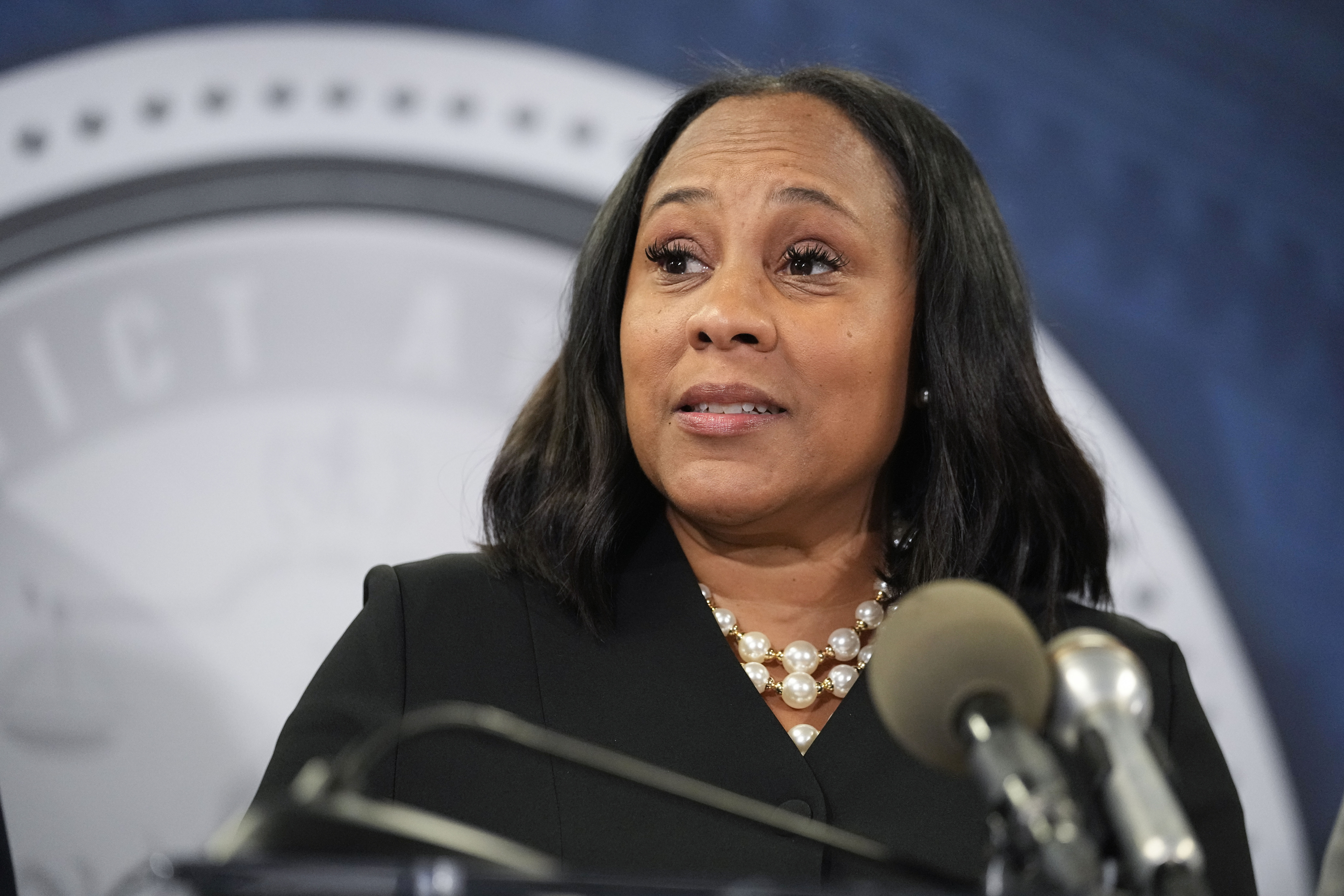Supreme Court Decides to Let Texas Women Die
A new Supreme Court decision effectively means that Texas women will never be able to receive abortion care—even if their lives depend on it.On Monday, the Supreme Court let stand a ruling that emergency abortions violate the Lone Star State’s already draconian abortion laws, upholding a ban on the life-saving procedure even in emergency circumstances.The Biden administration had asked the justices to throw out the lower court ruling, citing the Supreme Court’s decision in June to punt a challenge to a similarly restrictive medical emergency abortion clause in Idaho. That decision temporarily allowed emergency abortions to continue while a lower appeals court retried the case. The administration also pointed to federal mandate, reminding the court that hospitals must provide life-saving emergency medical care under the Emergency Medical Treatment and Active Labor Act (EMTALA). The government further noted that legal precedents set by the Texas Supreme Court mean doctors within the state do not have to wait until a woman’s life is in immediate danger to provide the critical care required to save her.Yet none of that seemed to matter to the ultra-conservative bench, who ruled 6-3 along party lines in favor of heightened restrictions without detailed reasoning, reported the Associated Press.Texas had asked the Supreme Court to leave the order in place, arguing that their law left exceptions in place that prioritized the health of pregnant patients. But accessing Texas’s emergency abortion clause loophole isn’t cut and dry. Some women in the state, such as Kate Cox, have been forced to flee for care after failing to legally obtain access to abortions under the state’s emergency clause.Cox’s case was the first such lawsuit since Roe v. Wade was decided in 1973. Despite her apparent eligibility—and a court decision allowing her to receive the critical care—Texas Attorney General Ken Paxton stepped in, promising to prosecute doctors with felony charges if they were caught performing the procedure.Doctors argue that the medical exemptions in the state are unclear, leaving them in legal jeopardy and effectively stalling access to abortions in Texas by proxy.

A new Supreme Court decision effectively means that Texas women will never be able to receive abortion care—even if their lives depend on it.
On Monday, the Supreme Court let stand a ruling that emergency abortions violate the Lone Star State’s already draconian abortion laws, upholding a ban on the life-saving procedure even in emergency circumstances.
The Biden administration had asked the justices to throw out the lower court ruling, citing the Supreme Court’s decision in June to punt a challenge to a similarly restrictive medical emergency abortion clause in Idaho. That decision temporarily allowed emergency abortions to continue while a lower appeals court retried the case.
The administration also pointed to federal mandate, reminding the court that hospitals must provide life-saving emergency medical care under the Emergency Medical Treatment and Active Labor Act (EMTALA). The government further noted that legal precedents set by the Texas Supreme Court mean doctors within the state do not have to wait until a woman’s life is in immediate danger to provide the critical care required to save her.
Yet none of that seemed to matter to the ultra-conservative bench, who ruled 6-3 along party lines in favor of heightened restrictions without detailed reasoning, reported the Associated Press.
Texas had asked the Supreme Court to leave the order in place, arguing that their law left exceptions in place that prioritized the health of pregnant patients. But accessing Texas’s emergency abortion clause loophole isn’t cut and dry. Some women in the state, such as Kate Cox, have been forced to flee for care after failing to legally obtain access to abortions under the state’s emergency clause.
Cox’s case was the first such lawsuit since Roe v. Wade was decided in 1973. Despite her apparent eligibility—and a court decision allowing her to receive the critical care—Texas Attorney General Ken Paxton stepped in, promising to prosecute doctors with felony charges if they were caught performing the procedure.
Doctors argue that the medical exemptions in the state are unclear, leaving them in legal jeopardy and effectively stalling access to abortions in Texas by proxy.



